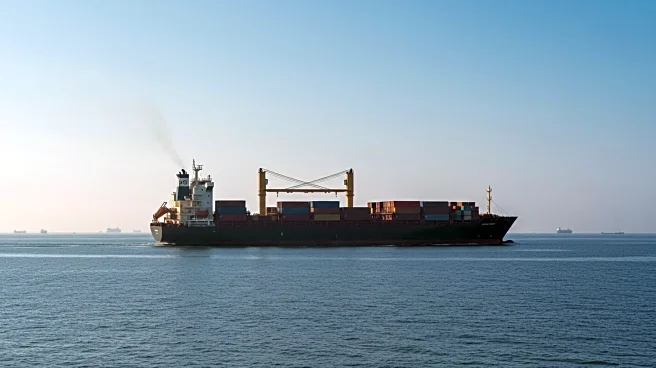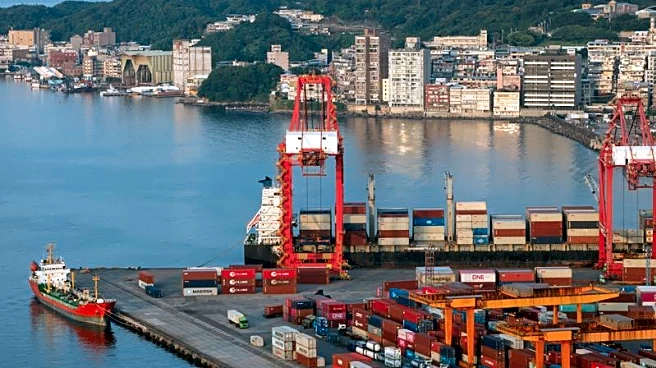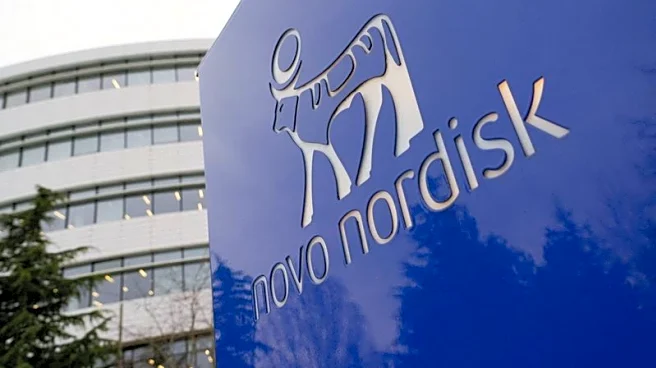What is the story about?
What's Happening?
Brazil's iron ore shipments to China have increased by 4% year-on-year between January and August 2025, despite a global decline in demand. This rise is attributed to stronger mining activities in Brazil, which is the world's second-largest exporter of iron ore. The increase in Brazilian shipments has compensated for reduced exports from Australia, Peru, and India, which faced disruptions due to weather, port handling issues, and domestic demand. Brazilian iron ore is primarily transported via the capesize segment, which has contributed to a 1% increase in global tonne mile demand, despite a 1% drop in cargo volume.
Why It's Important?
The increase in Brazilian iron ore shipments to China is significant as it highlights Brazil's growing role in the global iron ore market, especially as other major exporters face challenges. This shift could impact global iron ore prices and trade dynamics, benefiting Brazilian exporters while posing challenges for competitors like Australia and India. The increased demand for Brazilian iron ore also underscores China's continued reliance on imported resources, despite a decline in domestic steel production and ongoing economic challenges.
What's Next?
Looking ahead, the global iron ore market may see further shifts as the Simandou mine in Guinea begins operations in November 2025, potentially increasing global supply and affecting prices. China's steel demand is expected to continue declining, which could influence future import levels. However, the longer shipping distances for Brazilian iron ore may continue to support tonne mile demand, providing some stability to the market.
















